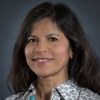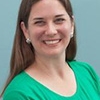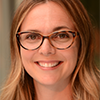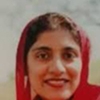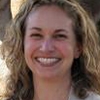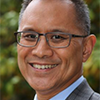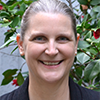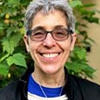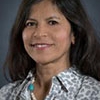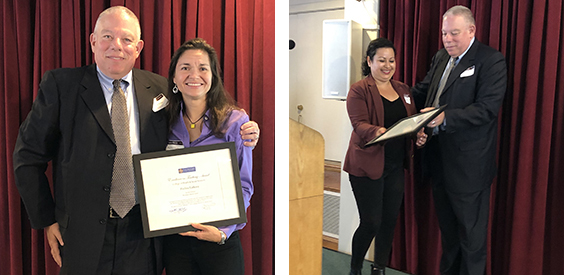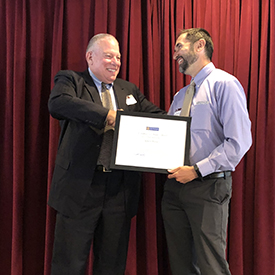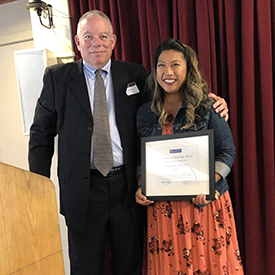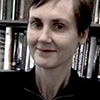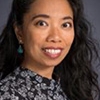The project was led by a team composed of San Francisco State Associate Professors Anagha Kulkarni from Computer Science, Venoo Kakar and Sepideh Modrek from Economics, Anastasia Smirnova from Linguistics and Carrie Holschuh from Nursing, along with their students.
Modrek says that colleges formerly based their student health policies on the residential models of the 1950s and 1960s, which were predominantly for male students living on campus. Since then, campus demographics have changed dramatically, as have the health care and contraception landscapes. The researchers wanted to know if universities were keeping up with the changing times.
The answer: it depends. Focusing on public four-year universities in the United States, the team used a newly developed software tool to look for information about condoms, pap tests, long-acting reversible contraception (LARC) and injectables on universities’ health center websites. Of the 545 schools assessed, 66% had some information about contraception. Kakar added that these results can be visualized on an interactive map hosted on her website.
Further analysis revealed that schools with higher female student populations were more likely to have accessible contraception information, while schools with more low-income students (based on Pell grant recipients) were less likely. Information about LARCs/injectables was significantly more common at schools offering medical degrees.
“I think that the map was not surprising,” said Modrek. “It’s what you expected, but it’s a stark reminder that these disparities — beyond the [topics of gender and income discussed in the paper] — are [also] regional. The same places that now want to ban abortions offer limited information on contraception to students.”
These findings were published in Contraception Journal. A second paper by the team, published in JMIR Formative Research, describes the software tool they developed for the study, called Quantitative Measures of Online Health Information (QMOHI). The researchers’ goal is not that all schools should present the same information, Modrek explains, but to encourage schools to continuously evaluate and update websites to meet students’ needs.
“Talking about [these resources] is important because it will reduce the barriers that students have to access contraceptive care or reproductive health in general,” said Kakar.
Although the researchers are focusing on contraception, the team hopes that QMOHI can be applied more broadly.
“There isn’t anything like QMOHI out there — at least not in the open source, free-to-use public domain — where the public health researcher can simply give the software a list of universities that they want to study and the topic that they want to study at these universities,” said Kulkarni. Her lab spearheaded the development of QMOHI, which assesses online information based on eight quality metrics, including navigability, prevalence, coverage and readability.
The software is currently limited to assessing student health center websites. But Kulkarni would love to expand it to other health topics on other websites or see it used beyond health care for social topics like critical race theory.
However, Modrek notes that it’s no coincidence that this team chose to study contraceptive health. An interdisciplinary team of female faculty led the project.
“As you bring more female scholars into data science and computer science, you ask questions that are relevant to different populations,” explained Modrek.
Kakar agrees, noting that this project would not have been possible without each of these faculty and their expertise. “It makes me think that such projects exemplify the essence of SF State, the interdisciplinary nature of things and how we innovate more when we talk to each other and not live in our silos,” said Kakar.
Source: SF State News
